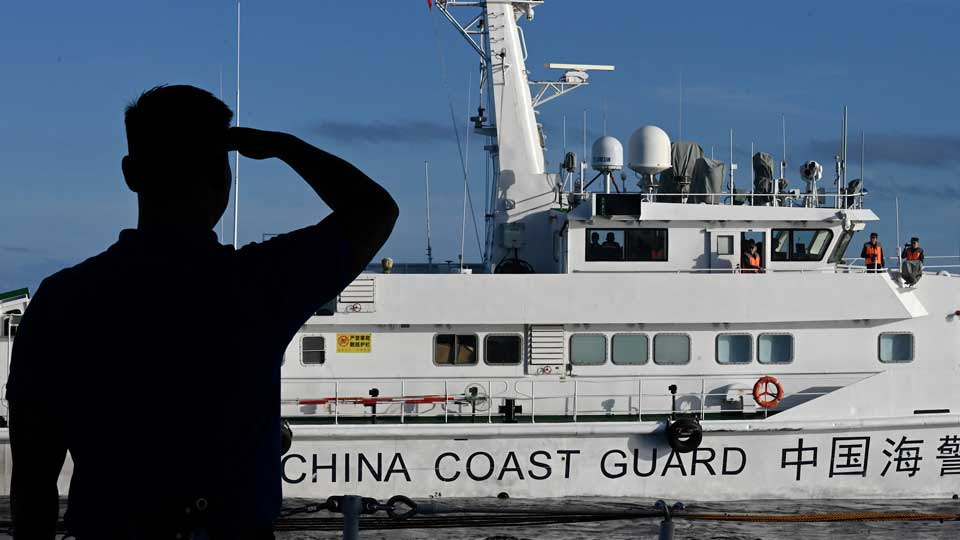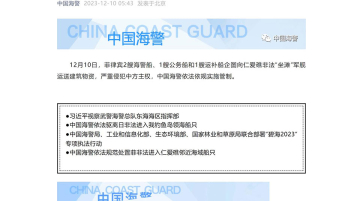A respected Chinese scholar has given insight into official thinking on the impact Beijing’s maritime conflicts with the Philippines are having on China-ASEAN relations.
Philippine “provocations” in the South China Sea are undermining cooperation between China and ASEAN and could have a spillover effect on the stability and development of the Asia-Pacific, Zhang Jie, a researcher from the National Institute of International Strategy of the Chinese Academy of Social Sciences (CASS), said in an interview with official state news outlet Xinhua.







